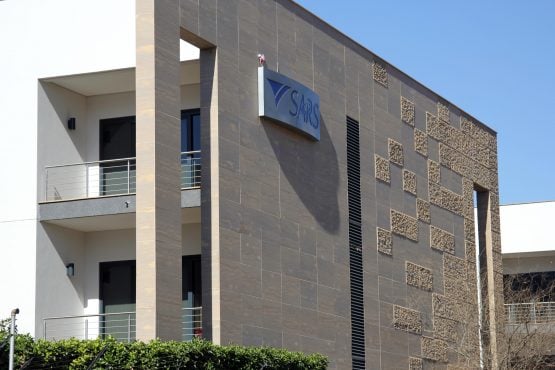Taxpayers who aren’t sure whether their auto-assessed tax return is accurate should get advice from a registered tax practitioner.

Picture: Moneyweb
The annual tax filing season for individuals is now fundamentally different from prior years.
The South African Revenue Service (Sars) announced a phased approach that started in April 2020 and will end in January 2021. According to Sars, the different phases will ensure a “seamless filing season”.
Phase 1
The first phase was allocated to employers and third party data providers (such as medical schemes, retirement funds and banks), who had to submit their information to Sars by the end of May.
Phase 2
During the second (current) phase Sars is validating the third party data. It will follow up on employers and other third party data providers that either did not submit information by the May deadline or that still have outstanding returns after failing to meet Sars’s verification requirements.
The South African Institute of Tax Practitioners (Sait) said in a note to its members that it supports Sars’s efforts to ensure that the data used to prepopulate individual taxpayers’ tax returns is verified and correct, thereby limiting the risk and time spent on objections and corrections once returns have been submitted.
However, members of the institute have expressed concerns about the limited time allowed for non-provisional taxpayers who cannot be auto-assessed to submit their returns this year. They only have from September 1 to November 16.
The concern is that the majority of returns that tax practitioners are responsible for aren’t suitable for auto-assessment – around 74%, according to a Sait survey. The result is that the time allowed for tax practitioners to submit non-provisional personal income tax returns has decreased drastically.
Sait has made a submission to Sars addressing these concerns.
Sait head of stakeholder management and strategic development Beatrie Gouws says the submission of employees’ tax reconciliations and other third party data forms the basis of the “modern-day” personal income tax return.
“By making use of structured and verified data provided by reputable third parties, revenue authorities all over the world are limiting the risk of accepting uncorroborated financial and biographical information from taxpayers,” she says.
Sars has shifted from being predominantly ‘tax return assessment’ focused to being more focused on anticipatory third-party data risk and verification assessment, she adds.
Tax practitioners and taxpayers will be required to shift their efforts from tax return preparation to pre-emptive confirmation.
According to Gouws this means they have to confirm whether the data (often tax certificates) is correct, and has been submitted accordingly to Sars.
If there are any mismatches between the taxpayer’s data and that reported by the third party, Sars will only accept the taxpayer’s version if the third party resubmits the information that matches the taxpayer’s version.
A tax practitioner will not only have to assist taxpayers in ensuring that third parties submit their data to Sars correctly, but will also have to ensure that the taxpayers’ tax files are up to date – such as ensuring that their banking details are correct, says Gouws.
According to a Sars statement, a significant number of taxpayers will be informed that they have been auto-assessed and that a draft assessment is available on the electronic channels – eFiling or the MobiApp – for them to consider.
A taxpayer will be ‘eligible’ for auto-assessment if the third party data providers have filed all data in respect of that taxpayer. If the taxpayer accepts the auto-assessment there is no need to file a tax return.
Taxpayers should only accept the auto-assessment if they are satisfied that their financial data has been correctly reported to Sars, and that they do not have any additional income, deductions, rebates or tax credits to declare.
Gouws says taxpayers who aren’t sure whether their auto-assessed tax return is accurate should get advice from a registered tax practitioner.
Phase 3
Taxpayers who have not been auto-assessed, as well as those who are not satisfied with their draft assessments, will be able to file their annual returns from September 1.
Non-provisional taxpayers who file through electronic channels will be able to do so until November 16. Those wanting to file at a Sars branch will only be able to so until October 22 – and only if they have made an appointment.
Provisional taxpayers – for example, those with additional income such as rental income, interest or dividends – who file through eFiling will be able to do so from September 1 to the end of January next year.
This article first appeared on Moneyweb and has been republished with permission.
For more news your way, download The Citizen’s app for iOS and Android.
Download our app